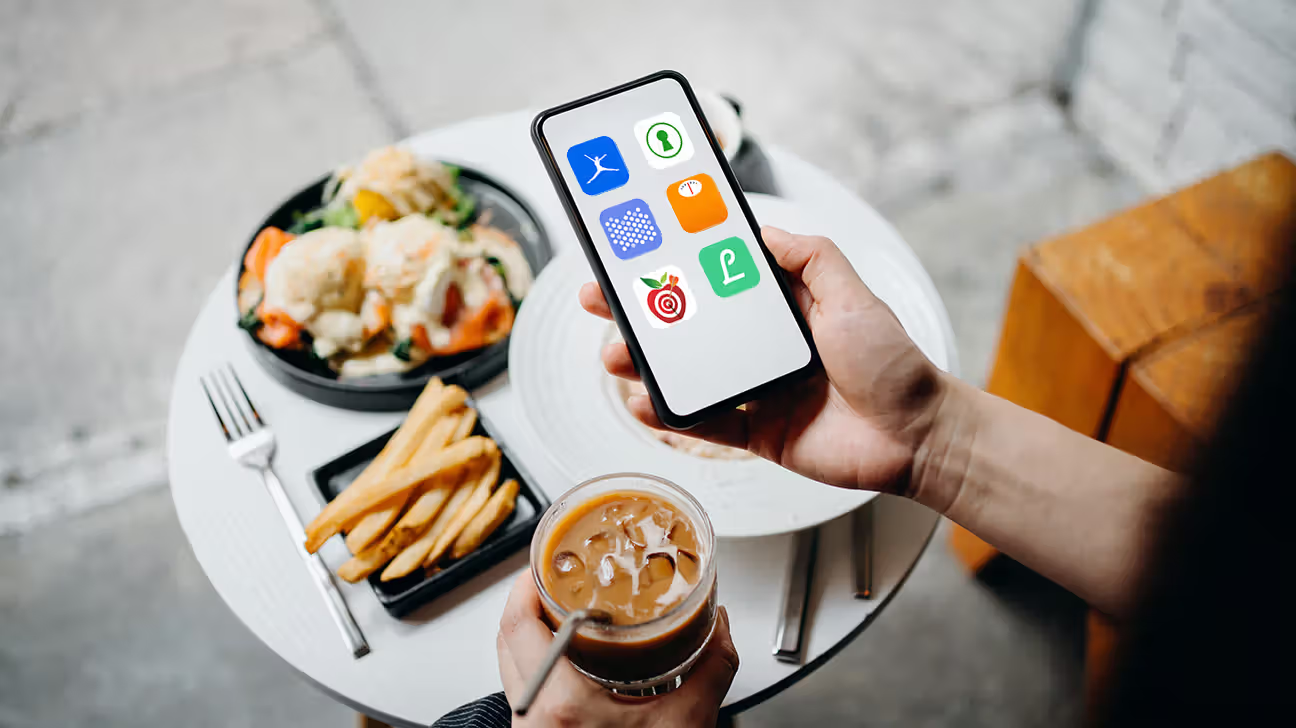A calorie tracker app is a digital tool designed to help users monitor their daily calorie intake. These apps make it easy to log meals, snacks, and beverages, allowing users to understand how much they are consuming and whether they are meeting their health and fitness goals. This article explores what calorie tracker apps are, the benefits they offer, essential features to look for, and tips for using them effectively.
What is a Calorie Tracker App?
A calorie tracker app is an application that allows users to record and track the number of calories they consume each day. By entering food items into the app, users can get an estimate of their calorie intake. Many apps have large food databases, making it easy to search for foods, scan barcodes, or even manually enter the nutritional information if needed. This can be particularly useful for those who want to manage their weight, either by losing, maintaining, or gaining.
The concept of tracking calories is rooted in the idea of energy balance. Consuming more calories than the body burns results in weight gain, while consuming fewer calories than expended leads to weight loss. Calorie tracker apps help users monitor this balance by providing accurate calorie counts and insights into their eating habits. Beyond just calories, many of these apps offer breakdowns of macronutrients, helping users understand their intake of proteins, fats, and carbohydrates.
Benefits of Using a Calorie Tracker App
One of the primary benefits of a calorie tracker app is that it promotes mindful eating. By logging every meal and snack, users become more aware of the calorie content of various foods. This awareness often leads to healthier eating choices, as users are more likely to select foods that align with their nutritional goals. Understanding the calorie content of food can also help individuals learn about portion sizes, which is a critical aspect of maintaining a balanced diet.
Calorie tracking apps also support weight management by providing users with the tools to monitor their calorie intake and expenditure. For those looking to lose weight, setting a daily calorie target within the app can create a clear plan for reducing caloric intake. On the other hand, those trying to maintain or gain weight can use the app to ensure they are meeting their caloric needs. This form of accountability can be crucial for staying on track with diet and exercise routines.
Another benefit is the detailed nutritional insights these apps provide. Beyond tracking calories, they often show how much protein, fat, and carbohydrates are consumed, as well as vitamins and minerals in some cases. This allows users to adjust their diet to ensure they are not only meeting calorie goals but also getting a balanced intake of essential nutrients.
Convenience is another key advantage. Modern calorie tracker apps are designed to be user-friendly and accessible on smartphones, making it easy to log meals and snacks on the go. This ease of use encourages consistency, which is vital for achieving long-term health goals.
Key Features to Look for in a Calorie Tracker App
When choosing a calorie tracker app, it is important to look for one with an extensive food database. A comprehensive database means that users can find accurate information on a wide variety of foods, including those from restaurants and packaged goods. The broader the database, the easier it is to track calories accurately without having to guess or search for alternatives.
A barcode scanner is another valuable feature. This allows users to quickly scan the barcode of packaged foods to instantly add them to their daily log. It saves time and reduces the chance of errors when inputting food items manually. Additionally, apps that allow users to create custom meals and recipes can make it easier to log complex dishes, ensuring that all ingredients are accounted for.
Progress tracking is essential for users who want to see how their calorie intake changes over time. Apps that offer charts and reports can help users visualize their progress, making it easier to identify patterns and make adjustments. Finally, apps that integrate with fitness devices can provide a more complete picture of health by tracking both diet and physical activity. This allows users to see how their exercise contributes to their overall calorie balance, leading to more informed decisions.
Tips for Using a Calorie Tracker App Effectively To make the most of a calorie tracker app, it is essential to be consistent. Logging every meal, snack, and drink helps ensure that the calorie count is accurate. Skipping meals or snacks can lead to underestimating calorie intake, which can hinder progress toward fitness goals. Developing the habit of logging meals right after eating can also help maintain accuracy.
It is also helpful to use the app’s features to set realistic and achievable goals. For example, setting a reasonable daily calorie target and tracking progress can help users stay motivated. Over time, adjusting calorie targets based on progress can lead to better outcomes. Understanding portion sizes and learning to estimate them accurately can also improve the precision of calorie tracking.
Conclusion
Calorie tracker apps are valuable tools for anyone looking to monitor their diet and achieve specific health goals. They offer benefits like promoting mindful eating, supporting weight management, and providing nutritional insights. By choosing an app with the right features and using it consistently, users can gain a better understanding of their eating habits and make informed decisions to improve their health. For those new to tracking, starting with a free app can be a great way to explore this approach and see how it fits into their lifestyle.











